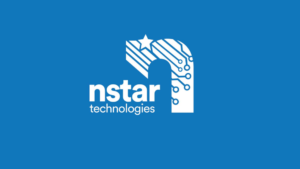Advantages of a Database Management System
A strong database management system not only enables authorized users to add new data to the database but also updates the already existing data and removes any outdated data. The database management system changes as the world does. All DBMS-related tasks can constantly be performed in new and improved ways. DBMSs now can offer recommendations that can aid a decision-maker or admin in better managing the database thanks to machine learning. Now its time to discover the benefits of a data processing system that can handle large amounts of data efficiently.

Improved efficiency
Business need database management systems because they provide an effective means of managing enormous amounts of data of various types. Efficiency in data access enables businesses to take well-informed decisions more quickly.
Versatility
Systems for managing databases are highly flexible. Computers, tablets, and even mobile devices can access them.
Organizing and categorizing data
Database management solutions provide categorization and structuring of available data for businesses and people. For instance, a university’s database can preserve student grades and GPA as well as admission details (such as name, anticipated graduation year, and nationality)
Multi Access
A database management system enables numerous authorized users to access the same database from various locations, via various methods, and for a variety of purposes.
For instance, an HR administrator can assess annual salary increases by looking into employees’ current pay and the increment rise that their management agreed to allocate for that amount. The development team can use the same database to find a temporary replacement for a team member who is ill at the same time.
Organizing the working environment
A technique to establish a seamless, better-organized working environment is through the use of a database management system. Data stored in databases can be easily accessed, updated, and processed using a database query language, such as SQL.
The majority of database management systems are bundled with software that includes Microsoft SQL Server and MySQL queries to provide access to data by third-party programs.
Managing data in new and better ways
A strong database management system not only enables authorized users to add new data to the database but also updates the already existing data and removes any outdated data. The database management system changes as the world does.
All DBMS-related tasks can constantly be performed in new and improved ways. DBMSs now have the ability to offer recommendations that can aid a decision-maker or admin in better managing the database thanks to machine learning.
Learning SQL Database Administration is crucial for your career in many ways. Not only is there a high demand for professionals with these skills, but the salaries are competitive, the skills are versatile, and there are opportunities for growth and contribution to the industry. So, if you’re looking for a stable and rewarding career, consider learning SQL Database Administration.
Ready to start your journey to becoming a SQL Database Administrator? Book a call with one of our admissions specialists to learn more about our training programs and start building your career in this exciting field.
